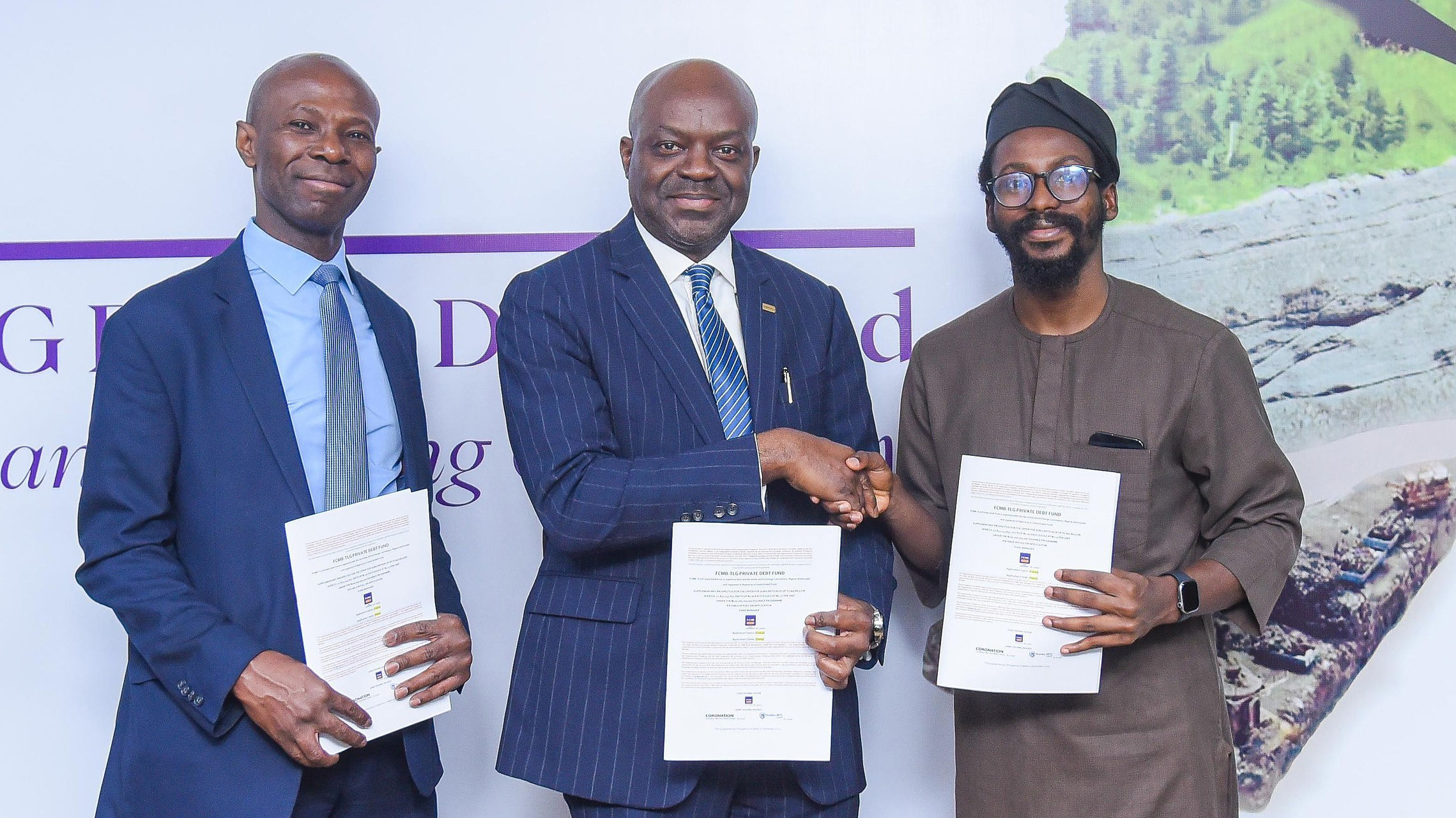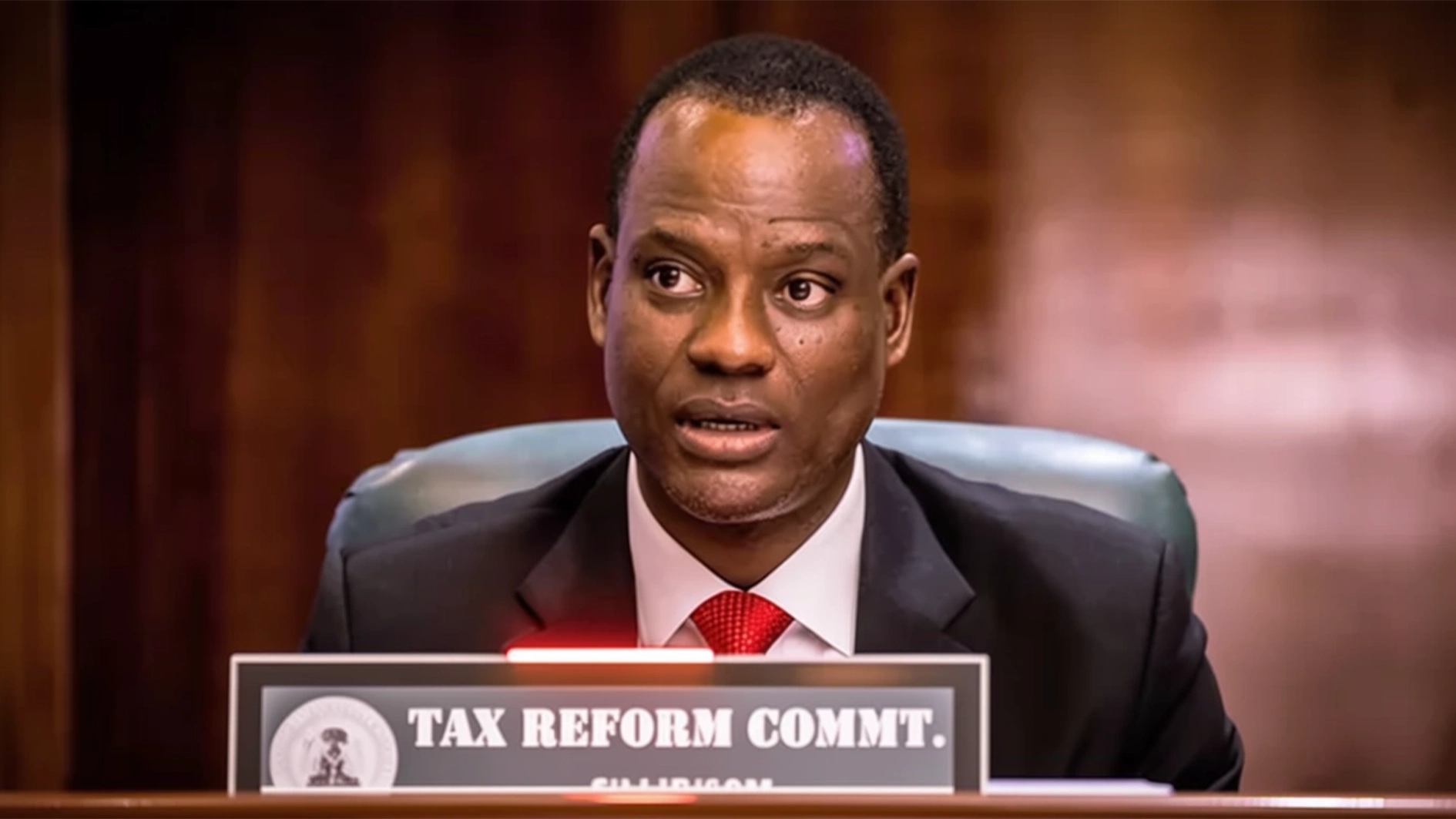•Households return to firewood over shrinking purchasing power
•Marketers canvass targeted subsidies
Nigeria’s ambition to expand domestic use of liquefied petroleum gas (LPG) to five million metric tonnes per year, reduce deforestation and save lives from biomass-related pollution is falling behind schedule, despite an increase in local production capacity.
Industry players say that while the entry of new producers, including Dangote, has raised local LPG production from 57 per cent in late 2023 to about 80 per cent of local consumption, affordability remains the single largest barrier to mass adoption.
Without government intervention, they warn, LPG will continue to be a luxury good, while millions of Nigerians will remain trapped in reliance on firewood, charcoal and kerosene for cooking.
Nigeria has over 209 trillion standard cubic feet of natural gas reserves and has prioritised gas development as part of its energy transition and climate commitments.
In its Nationally Determined Contributions (NDCs) submitted under the Paris Agreement in 2015, the Federal Government committed to expanding LPG consumption from 500,000 metric tonnes per annum (MTPA) to five million MTPA this year, to transition over 60 million households from biomass to gas.
But current consumption stands at just 1.4 million MTPA, roughly 72 per cent below the target, forcing authorities to shift the five million MTPA goalpost to 2030. Industry stakeholders say even the new deadline is unrealistic without significant state support in the form of subsidies, infrastructure and safety regulation.
Group Managing Director of the Nigerian National Petroleum Company Limited (NNPCL), Bayo Ojulari, acknowledged the challenge while speaking at the Nigerian Oil and Gas Conference in Abuja.
“When I spoke to the minister, I said I am collaborating with him on our ambition to make sure every home has a bottle of cooking gas. That is our vision. We will do the best we can, but at least we start pushing that together,” he said.
Stakeholders interviewed by The Guardian emphasised that the problem is not awareness but affordability. President of the Nigerian Association of Liquefied Petroleum Gas Marketers (NALPGAM), Oladapo Olatunbosun, said high prices are the most critical barrier.
“The problem is not awareness but affordability,” he said, noting that while wealthier Nigerians continue to use gas despite rising costs, the majority have reverted to biomass fuels.
Olatunbosun called for targeted subsidies, pointing to successful models in India, Morocco and Niger, where governments have used subsidies and free cylinder distribution to encourage adoption.
“We acknowledge the increase in local production from Dangote, Seplat and others, but without price intervention and free cylinders, LPG adoption will remain limited,” he warned. Partner at Kreston Pedabo, Olufemi Idowu, highlighted structural bottlenecks that prevent many households from switching to gas.
“Nigeria’s purchasing power has been severely eroded over time. LPG remains inaccessible to most low-income households, who rarely feel the positive impact of government policies when commodity pricing is left entirely to market forces,” he explained.
Idowu welcomed the government’s plan to distribute 1.7 million LPG cylinders yearly, calling it a potential “game changer” in improving safety and access.
But he stressed that cylinder distribution must be part of a wider strategy. “It should go hand in hand with targeted subsidies for low-income households, expansion of micro-distribution networks, enforcement of safety standards, and sustained public education on the benefits of LPG,” he added.
Former President of the Chartered Institute of Bankers of Nigeria (CIBN), Professor Segun Ajibola, warned that unless this is addressed, more households will be pushed back to using kerosene and firewood.
“Cooking gas has increasingly become an elitist product, forcing the majority to revert to firewood, charcoal and kerosene, with devastating environmental and health consequences,” he said.
Executive Secretary of the Major Energy Marketers Association of Nigeria (MEMAN), Clement Isong, called for consistent supply and improved communication to reduce price volatility.






